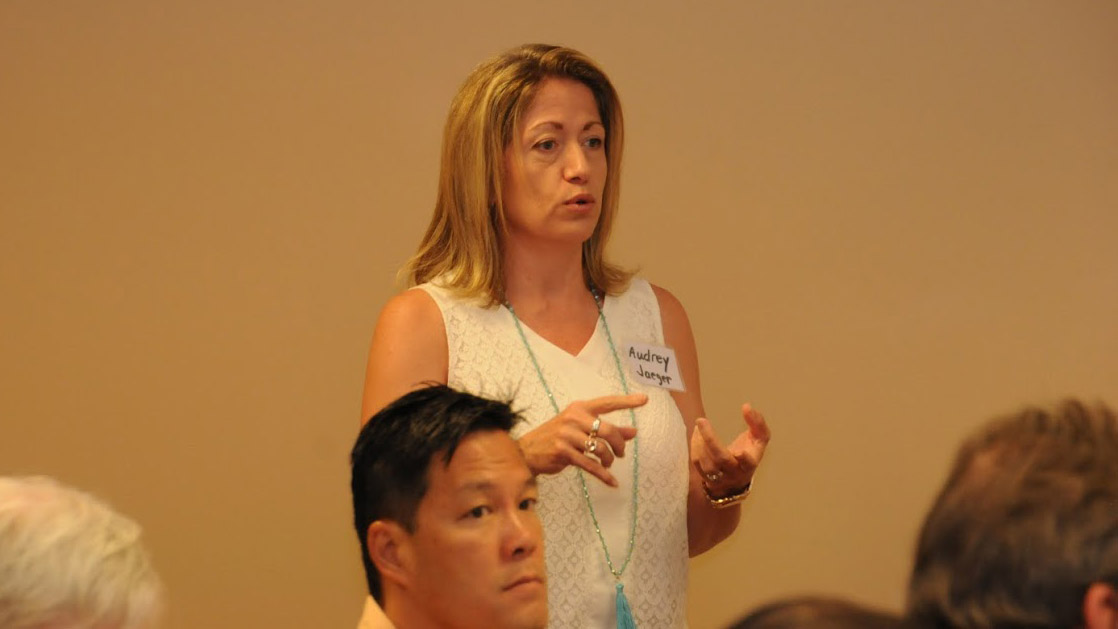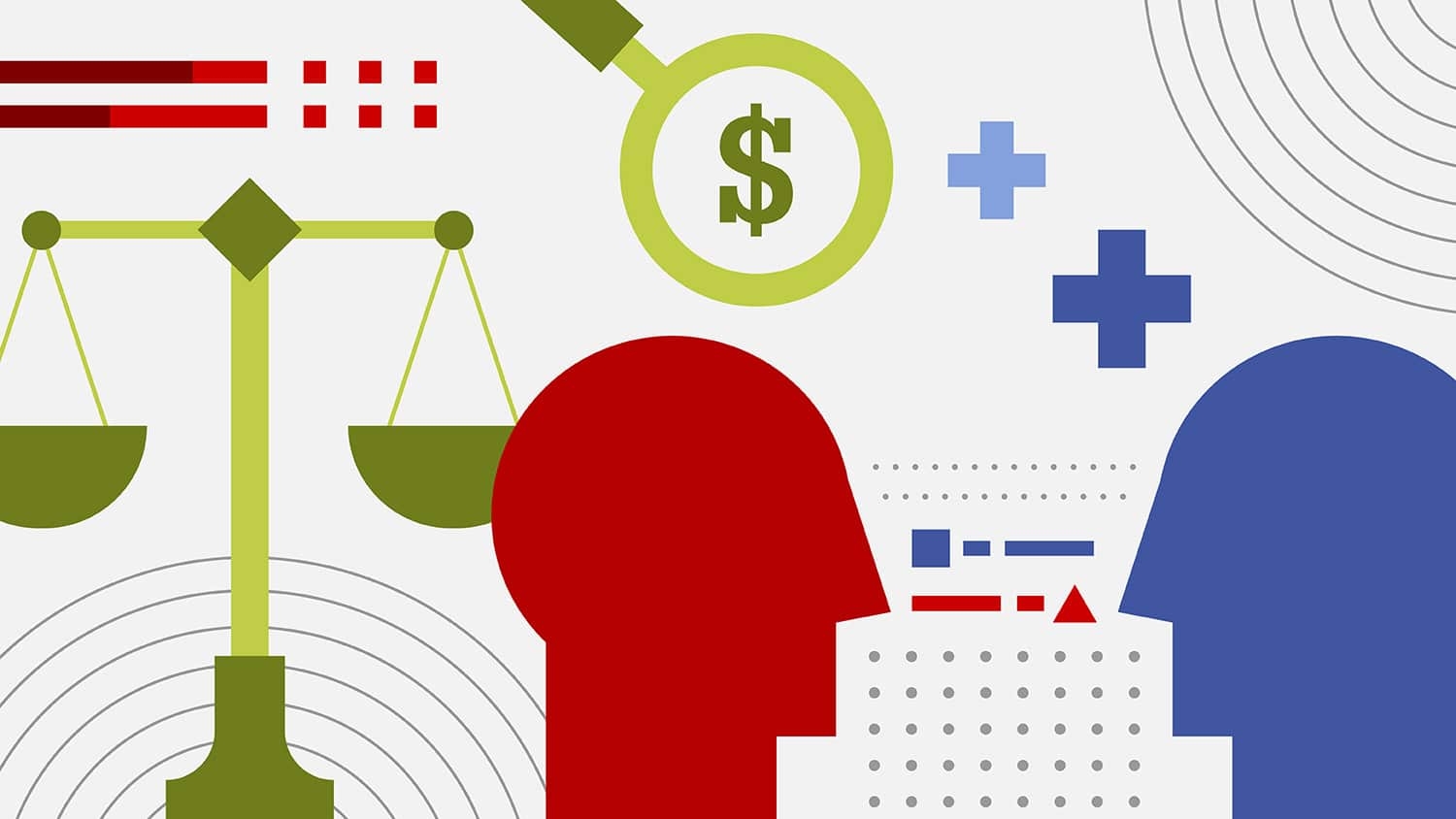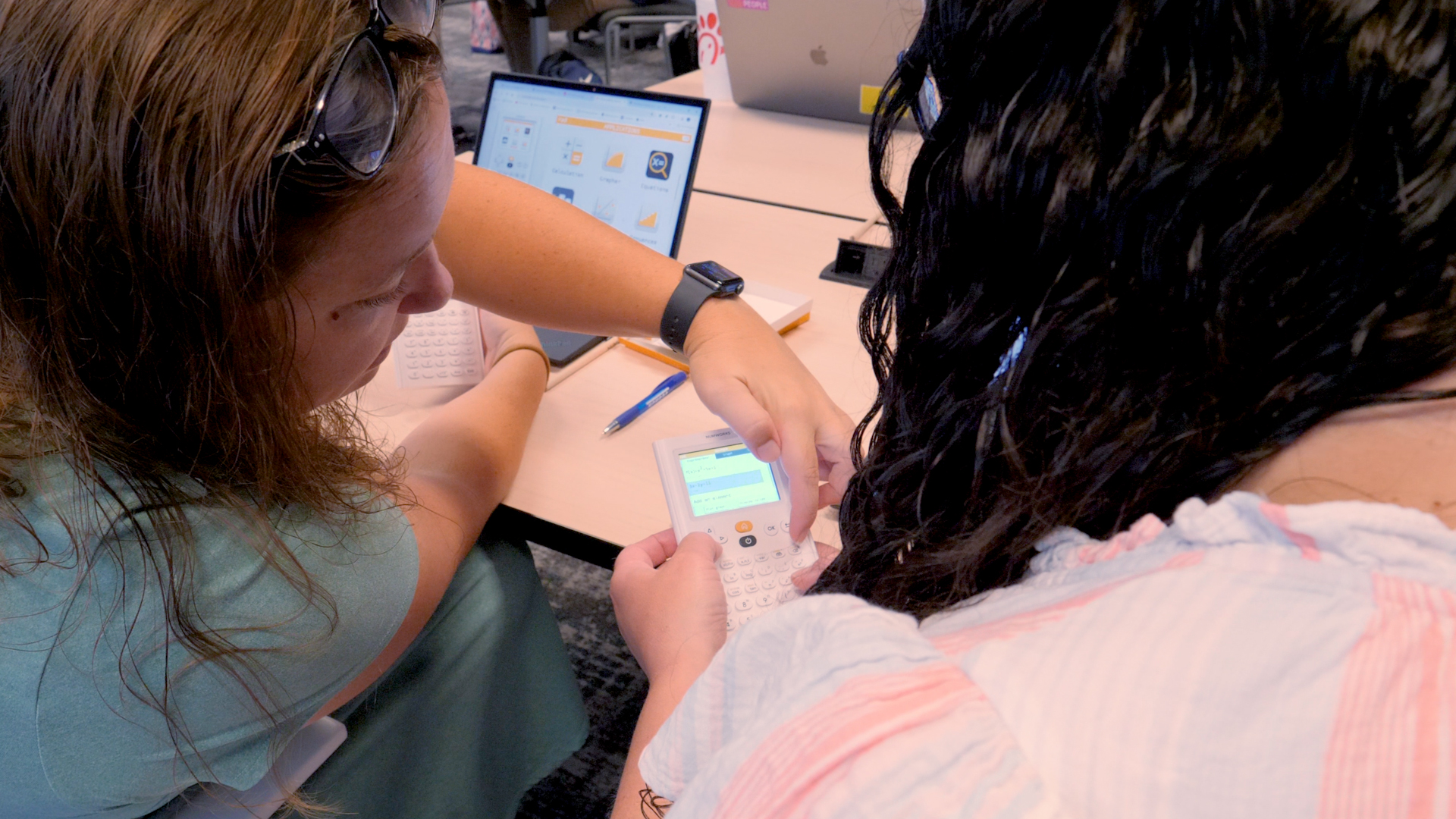Spotlight on Professor Audrey Jaeger and the Faculty Workload and Rewards Project

Audrey Jaeger addresses some of today’s most pressing questions in higher education by critically examining the academic workplace. Jaeger, an Alumni Distinguished Graduate Professor in the Department of Educational Leadership, Policy and Human Development, seeks to answer questions pertaining to faculty development through the Faculty Workload and Rewards Project.
We sat down with Jaeger to talk about her work on the project, and to gain insight into her other research and professional pursuits.
What is the Faculty Workload and Rewards Project? What inspired you to pursue research on university faculty and their development?
The Faculty Workload and Rewards Project aims to transform outmoded workplace structures and cultures that maintain inequality between science, technology, engineering and math (STEM) men and women faculty in campus service, teaching and mentoring workloads. We will conduct a randomized trial of approximately 40 STEM and social science academic departments that apply to be part of our project from Maryland, North Carolina and Massachusetts.
Departments will engage in four workload interventions over 1.5 years. These interventions include: the creation of workload dashboards to enhance transparency; workload and reward system adjustments to remedy inequitable workloads by gender, race and career stage; individual career training and peer support for management of workload; and department-wide faculty training on how unconscious bias and department organizational practices can affect workloads and harm careers.
What do you hope to accomplish with the Faculty Workload and Rewards Project? How do you hope to apply your findings?
This project will test whether departments that undergo a 1.5-year project to address workload inequality show improvements in STEM women faculty’s sense of procedural and distributive justice, retention, satisfaction, organizational commitment, and satisfaction with time spent on teaching and service versus research. We will also consider changes in organizational practices that result from the interventions such as dashboards and new workload and reward system policies.
The Faculty Workload and Rewards Project will create a repository of dashboard templates that can be used by other departments, colleges and institutions to assess micro-equities in workload and establish department-based organizational practices that make campus service, teaching, and mentoring workloads fairer and more transparent. By embedding workload reforms in public, state institutions, project outcomes will have the broadest potential impact, as these institutions are critical to improving the number of women and underrepresented minority students in STEM fields.
As a national demonstration project, the Faculty Workload and Rewards Project can guide future decision-making and policy refinement, especially within state systems of higher education. By engaging faculty unions as a partner in the project, we also have the potential to effect policy change through faculty contracts. The Faculty Workload and Rewards Project has the potential to make long-term shifts possible through structural change in workload assignments and accountability, and cultural changes in transparency and bias regarding those assignments. More women and underrepresented faculty retained in STEM fields will support efforts to recruit women and underrepresented students into these fields. Our process will foster organizational learning in three state systems and regional networks of higher education.
Your research interests also include a focus on women and underrepresented minorities in science, technology, engineering and math (STEM) education. How can higher education institutions better support women and minorities who wish to pursue STEM (especially doctoral) degrees?
Colleges and universities are implementing various programs and services to support women and underrepresented minorities in STEM fields. One important consideration that institutions are not addressing is that all of these activities are separate and often disconnected. Because of this, I lead the development of the Life Experiences and Role Negotiations (LEARN) model of career trajectories of women STEM doctorates. Through my involvement, I want to shift the current research paradigm on women in STEM from explaining gender differences in career/educational outcomes and decisions at particular points, to understanding how cumulative learning shapes career decision making across a lifespan.
No other comprehensive model such as ours exists. Current models explain gender differences in career/educational outcomes and decisions at particular point in a woman’s career, but do not address how cumulative learning shapes career decision-making across a lifespan.
How does your research and teaching through the College of Education prepare students to become higher education leaders and innovators?
As a scholar of higher education over the past 15 years and as a faculty member, I have been committed to asking questions that address prevailing issues in higher education: What are the experiences of underrepresented minorities in their pursuit of an undergraduate or graduate degree? What are the barriers and supports for underserved populations in attaining a college degree? What institutional policies and practices support students in their ability to transfer to four-year institutions? How do we continue to diversify our faculty to reflect our student population? I seek to answer these questions by investigating the relationships and experiences among faculty and students that illuminate issues of transition, access, climate, agency and community engagement. Additionally, I explore how various aspects of the environment, from labor market conditions to institutional policies, affect faculty and students’ learning experiences.
My teaching reflects a learning focus. Teaching is secondary to student learning. Learning is a holistic, comprehensive activity that integrates academic instruction and classroom learning with personal development. Learning reflects the diverse ways students may engage the content and tasks of the course. Furthermore, learning focuses on the student versus the teacher. Finally, learning is a goal for all campus educators, faculty, administrators and staff.
Learn more about how faculty and students in our Department of Educational Leadership, Policy and Human Development tackle complex educational issues through a commitment to equity and student success.
- Categories:


